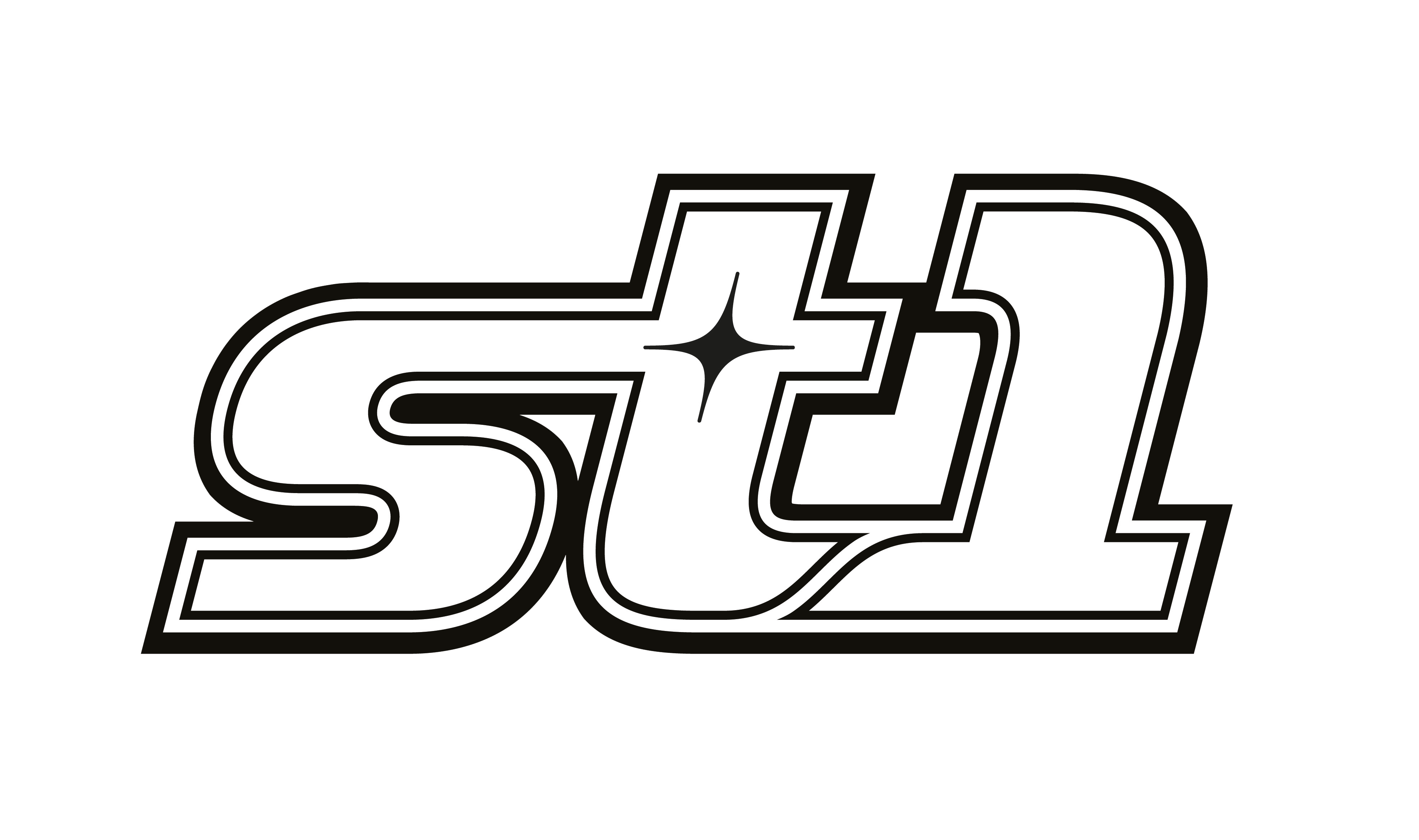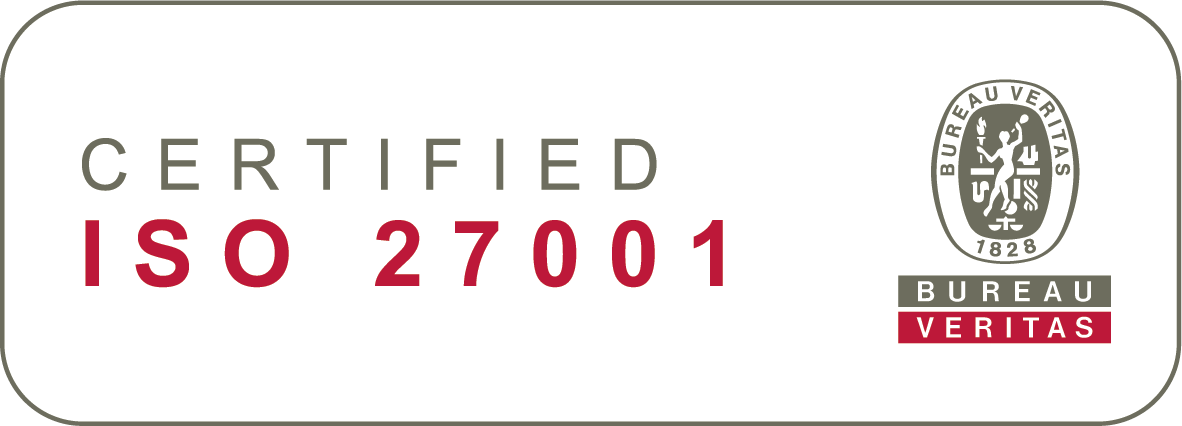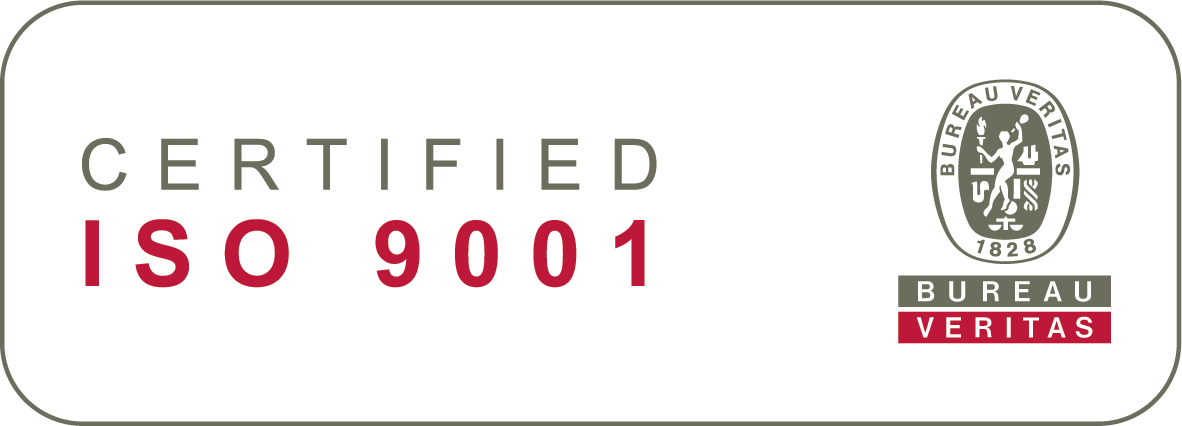Which EU Directives matter for HR?
Swathes of EU legislation are coming into effect in many EU member states. From compliance to competitive advantage, we've identified the key focus areas for HR professionals looking to connect people with strategy.
Trusted by 1000+ organisations in over 100 countries

















NIS2 Directive
The NIS2 Directive was adopted in December 2022, and EU Member States must transpose it into national law by October 2024. As the deadline approaches, businesses across the EU prepare for stricter cybersecurity regulations. For many companies, HR will play a pivotal role in ensuring their organisation meets these requirements.
In this practical guide, we’ll break down what NIS2 means for HR and how Sympa’s comprehensive HR system can help your business stay ahead of it.

Time Registration Directive
The 2019 European Union Time Registration Directive represented a significant shift in the way work hours were recorded and managed across member states. While most HR teams view the directive a regulatory compliance issue, it actually presents a real opportunity for businesses and HR departments to enhance their employer branding and promote employee wellness.

Understanding the EU Pay Transparency Directive
While flying under the radar for now, the EU's upcoming pay transparency directive is a potential seismic piece of legislation with implications that could surpass the impact of GDPR. Set to take effect in 2026, it presents a real challenge for businesses that don’t prepare for its effect in time – and a huge opportunity for those that take immediate steps to reevaluate their approach to pay transparency.
Find out more about Pihr's pay equity solutions here.
Related insights
Webinar: What should HR know about pay transparency?
Watch the recording
HR Master data - for leaders that value strategic decision-making
Read our blog post
How modern salary review tools can benefit your business
Read our blog post

EU Whistleblowing Directive
In partnership with Whistlelink
Officially in effect since December 2021, the EU Whistleblowing Directive has brought significant changes to the way companies operating within Europe handle whistleblowing. It’s crucial HR teams not only understand these new regulations, but also implement practical steps to ensure full compliance. Let’s dive into Directive and outline some actionable steps your HR team can follow.

Corporate Sustainability Reporting Directive
Mountains of content have already written about the European Union's Corporate Sustainability Reporting Directive (CSRD), it’s ramifications for the business landscape of Europe, and the critical role HR is set to play in ensuring compliance. Yet outside of its reporting and compliance requirements, CSRD actually represents an opportunity for HR leaders to bridge the gap between people and strategy.








